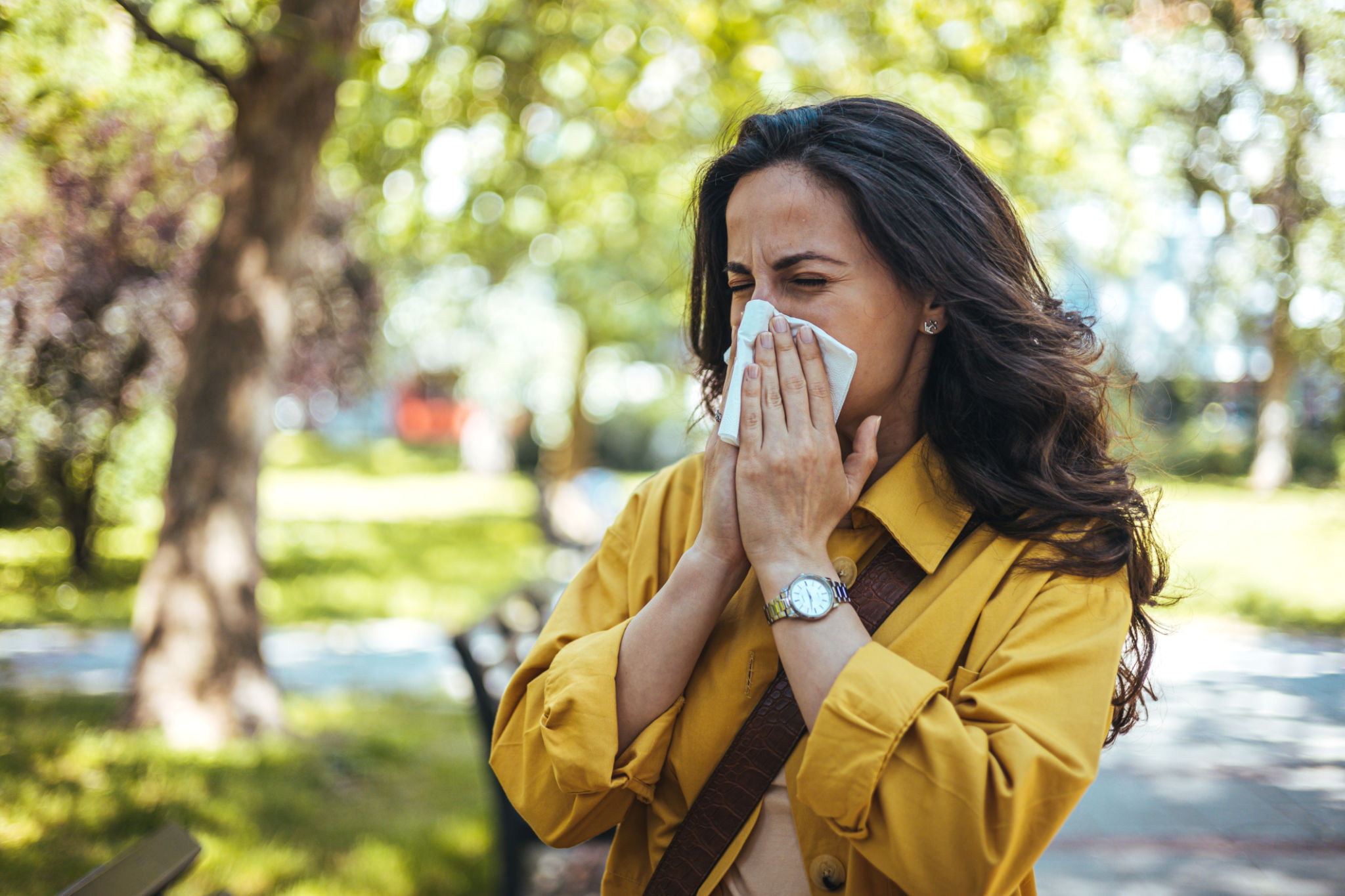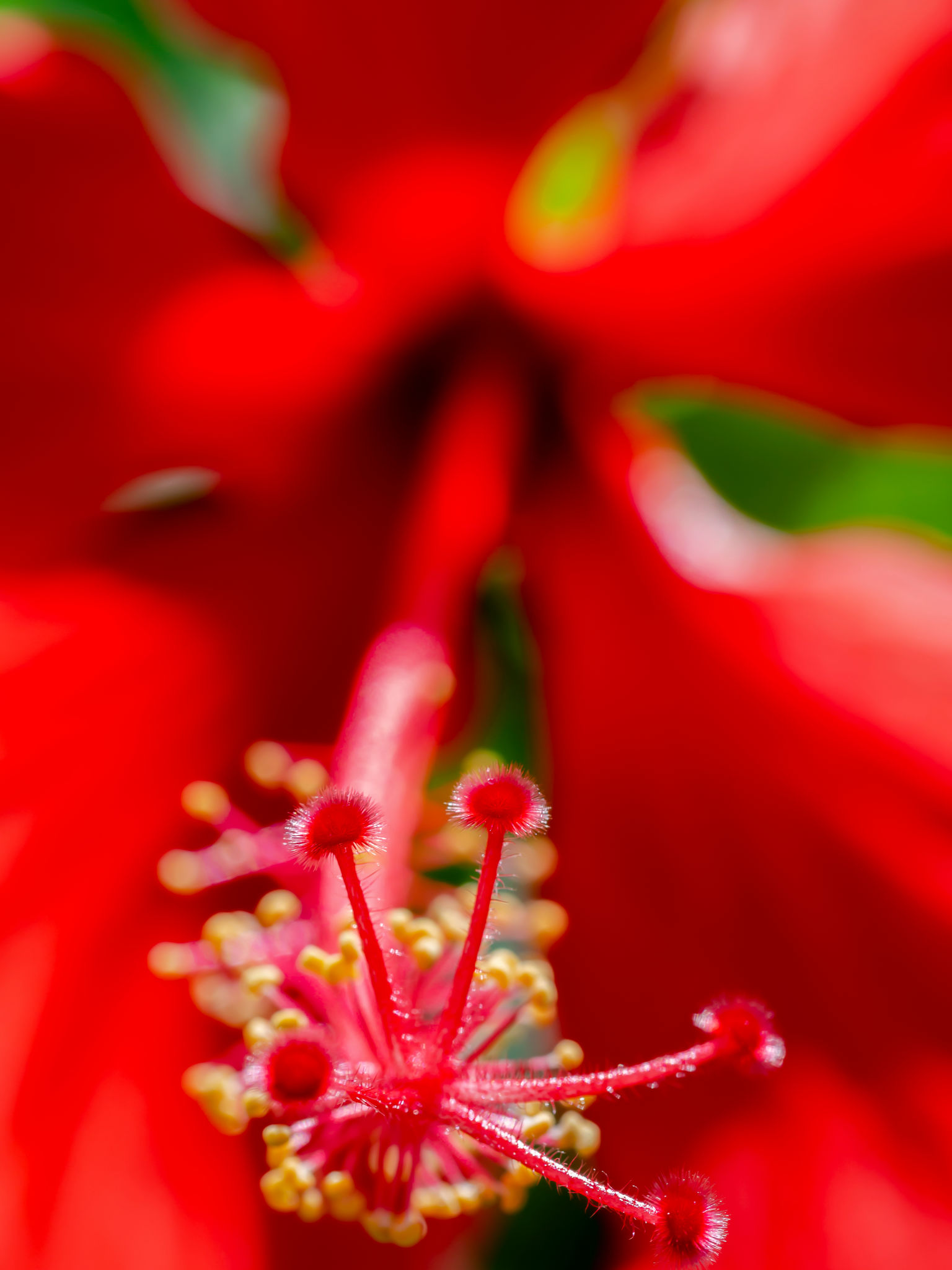Managing Seasonal Allergies: Tips from a Medical Professional
DA
Understanding Seasonal Allergies
Seasonal allergies, often referred to as hay fever or allergic rhinitis, are a common condition affecting millions of people worldwide. These allergies occur when the immune system overreacts to allergens present in the environment, such as pollen from trees, grasses, and weeds. Symptoms can include sneezing, runny or stuffy nose, itchy eyes, and more.
Understanding the triggers and symptoms of seasonal allergies can be the first step in managing them effectively. Identifying which pollen or allergens are prevalent in your area during certain times of the year can help you prepare and take preventive measures.

Consulting with a Medical Professional
One of the most effective ways to manage seasonal allergies is by consulting with a medical professional. An allergist or immunologist can help determine specific triggers through allergy testing and recommend personalized treatment plans. These plans may include medications such as antihistamines, nasal corticosteroids, or allergy shots.
Regular check-ups allow for adjustments to your treatment plan as needed. This proactive approach can significantly reduce the impact of allergies on your daily life and help you enjoy the changing seasons with fewer symptoms.

Over-the-Counter Medications
For many individuals, over-the-counter (OTC) medications can provide relief from seasonal allergy symptoms. Antihistamines, decongestants, and nasal sprays are commonly used to alleviate discomfort. It is important to follow the instructions on these medications and consult a healthcare provider if you have any concerns.
Some popular OTC options include:
- Antihistamines like loratadine or cetirizine
- Nasal sprays such as fluticasone or triamcinolone
- Decongestants like pseudoephedrine or phenylephrine

Natural Remedies and Lifestyle Changes
In addition to medical treatments, certain natural remedies and lifestyle changes can help manage seasonal allergies. Keeping windows closed during high pollen counts, using air purifiers, and regularly cleaning your living space can minimize exposure to allergens.
Natural remedies such as saline nasal rinses or using a humidifier may also alleviate symptoms. Incorporating foods rich in omega-3 fatty acids and antioxidants into your diet might support your immune system’s ability to handle allergens more effectively.
Monitoring Pollen Levels
Staying informed about daily pollen levels can be a crucial part of managing seasonal allergies. Many weather services and apps provide pollen forecasts, allowing you to plan outdoor activities accordingly.
When pollen counts are high, try to limit outdoor exposure, especially during peak times like early morning. Wearing sunglasses and hats can also help protect your eyes and face from pollen particles.

Building a Support System
Managing seasonal allergies effectively often requires support from family, friends, and co-workers. Sharing your experiences and strategies with others who have similar challenges can be empowering and provide new insights.
Support groups or online communities dedicated to allergy management can also offer valuable tips and encouragement. Having a robust support system can make dealing with allergies much more manageable and less isolating.
